Enhance your education with career-related work experience before graduation
Book an AppointmentWhat is the co-operative education program and how does it work?
The TRU Co-op program is an opportunity for students to integrate academic study with practical, real-world experiences in various professional sectors and to explore different career options. Employers prefer to hire students, grads and alumni with experience. Co-op helps prepare students for their dream job and career path.
The TRU Co-op model allows students to alternate between semesters of academic coursework and paid full-time employment.
At TRU, students enter Co-op at various points in their education depending on program requirements. Co-op work terms are paid, monitored, and reviewed; site visits, work term projects, and performance evaluations are included throughout a student’s work term. Students have the option to complete 4, 8, 12, or 16-month work terms usually beginning in September, January or May.
TRU Co-op opportunities can be local, national or international, extending student’s experiential learning into a global arena.
Explore Co-op Abroad Go to Career Connection
List of our Co-op Partners

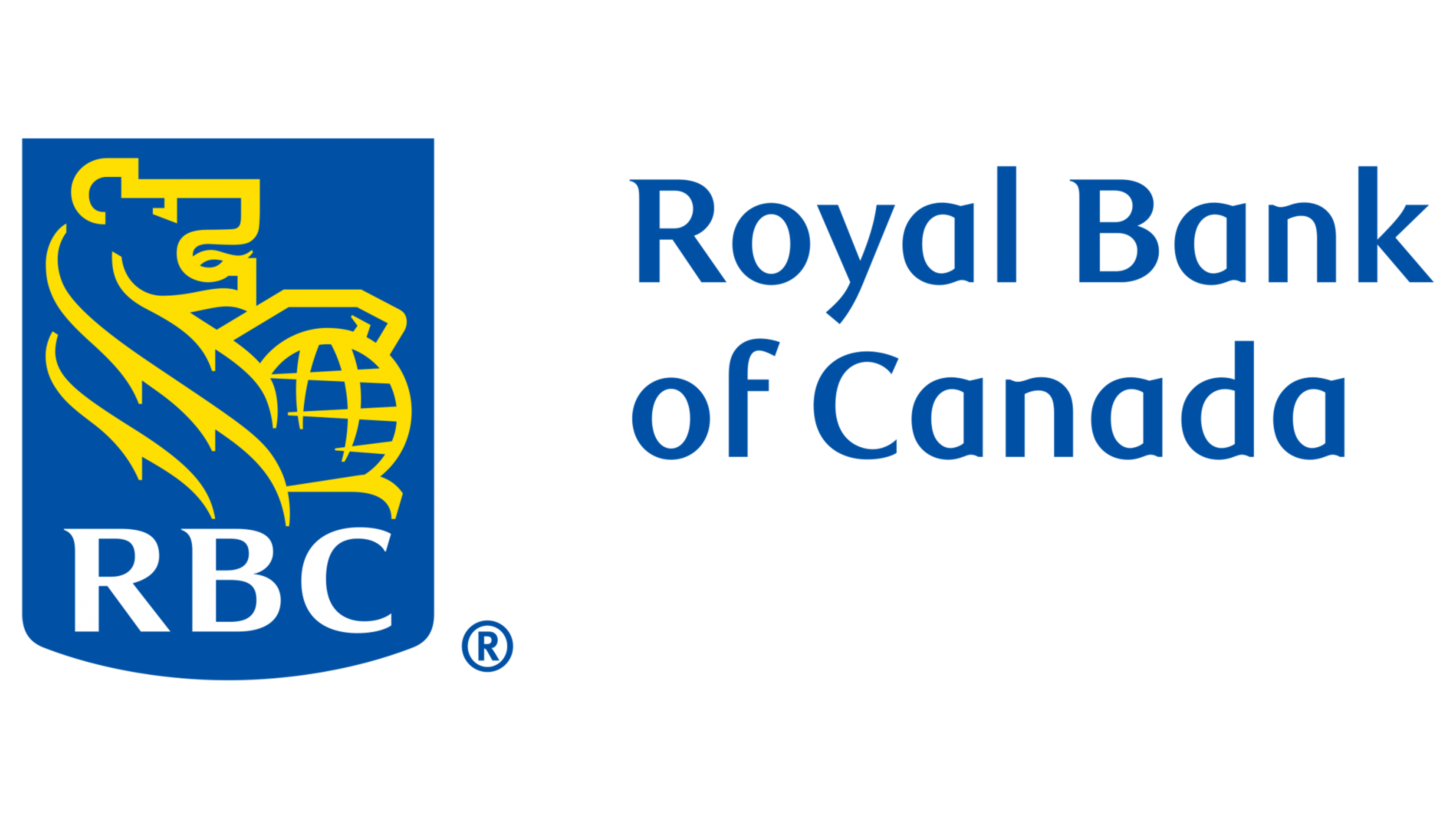






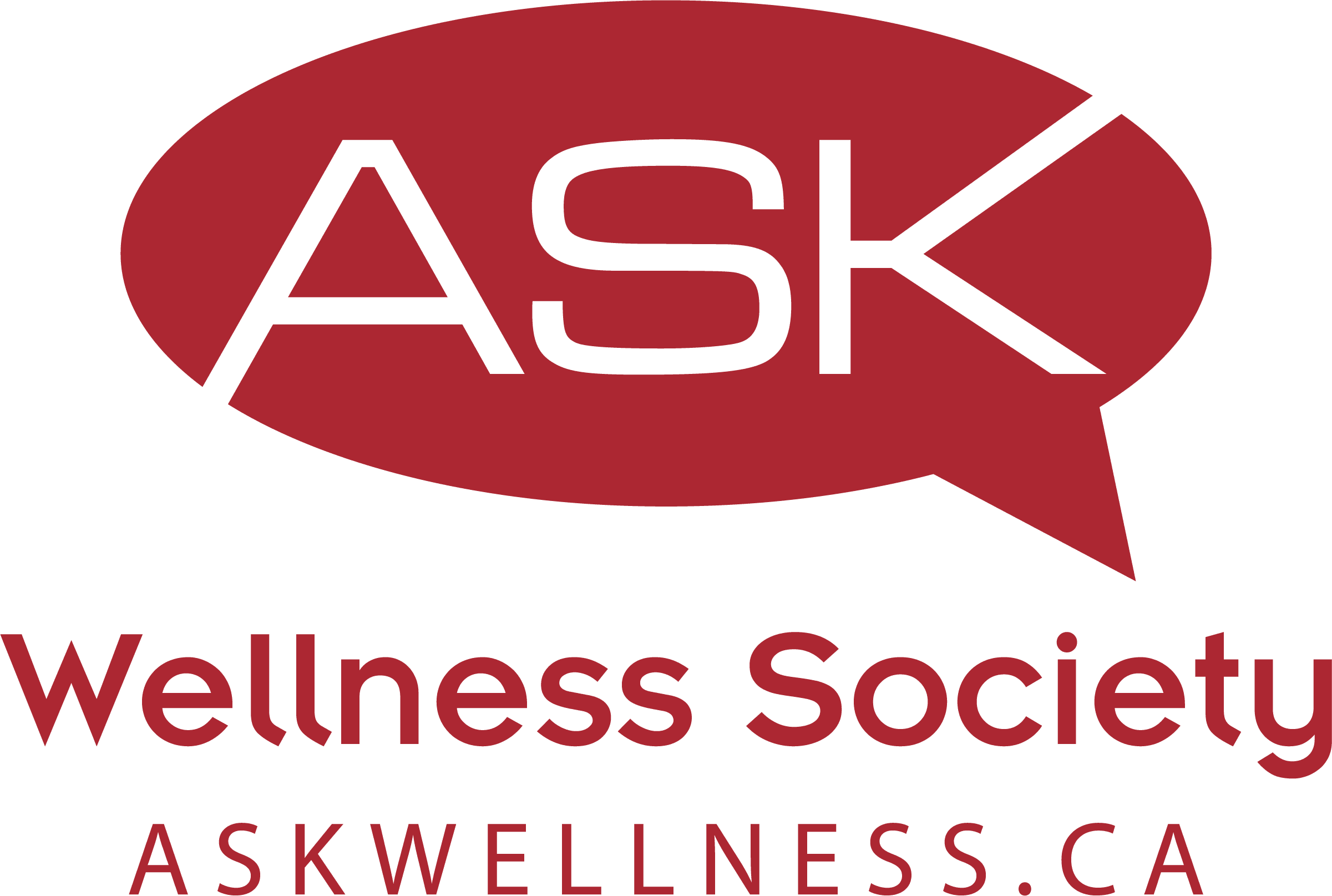

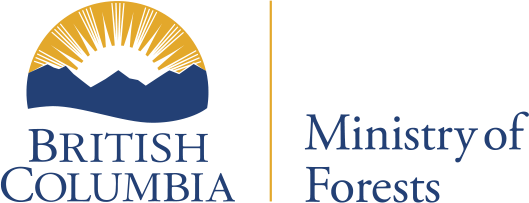

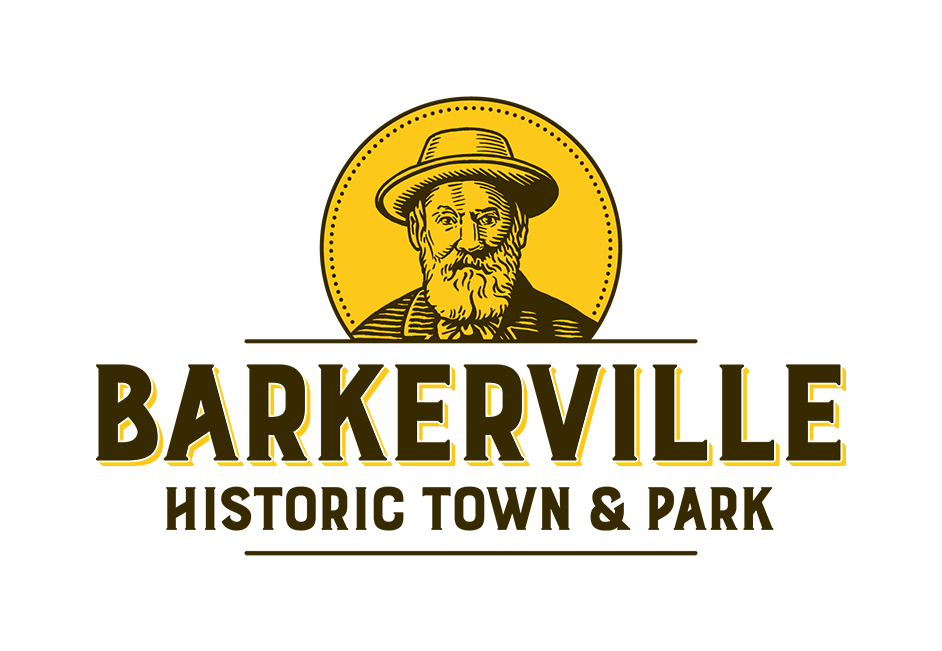
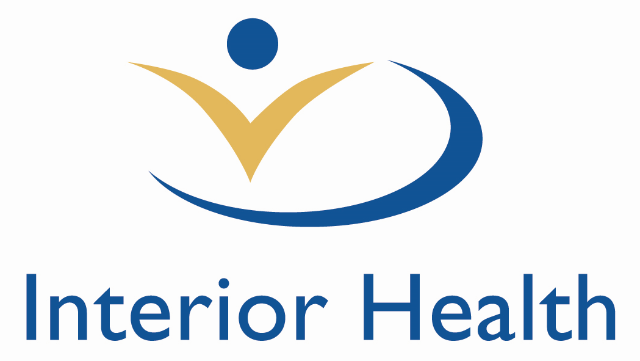
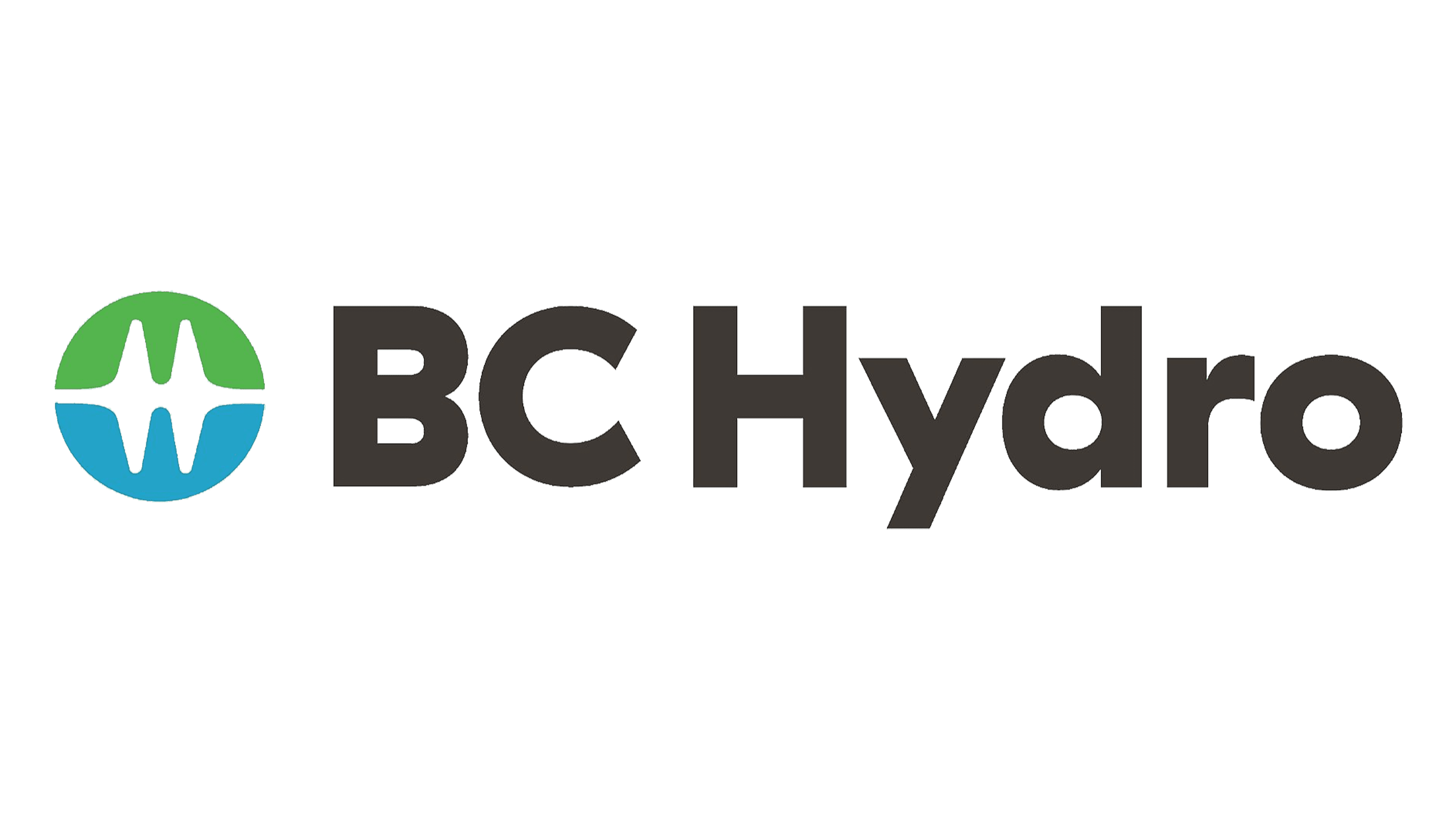
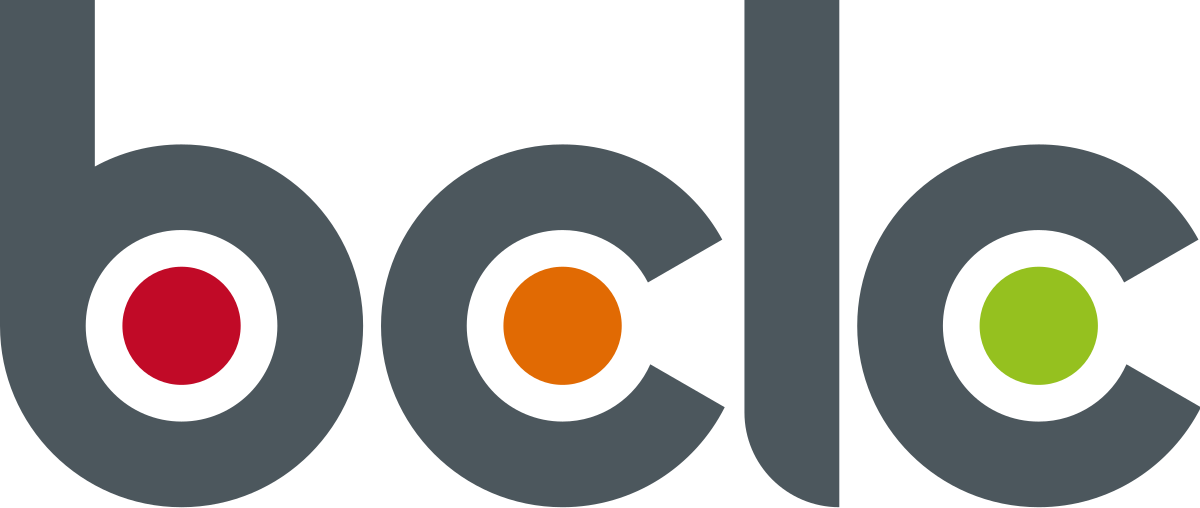
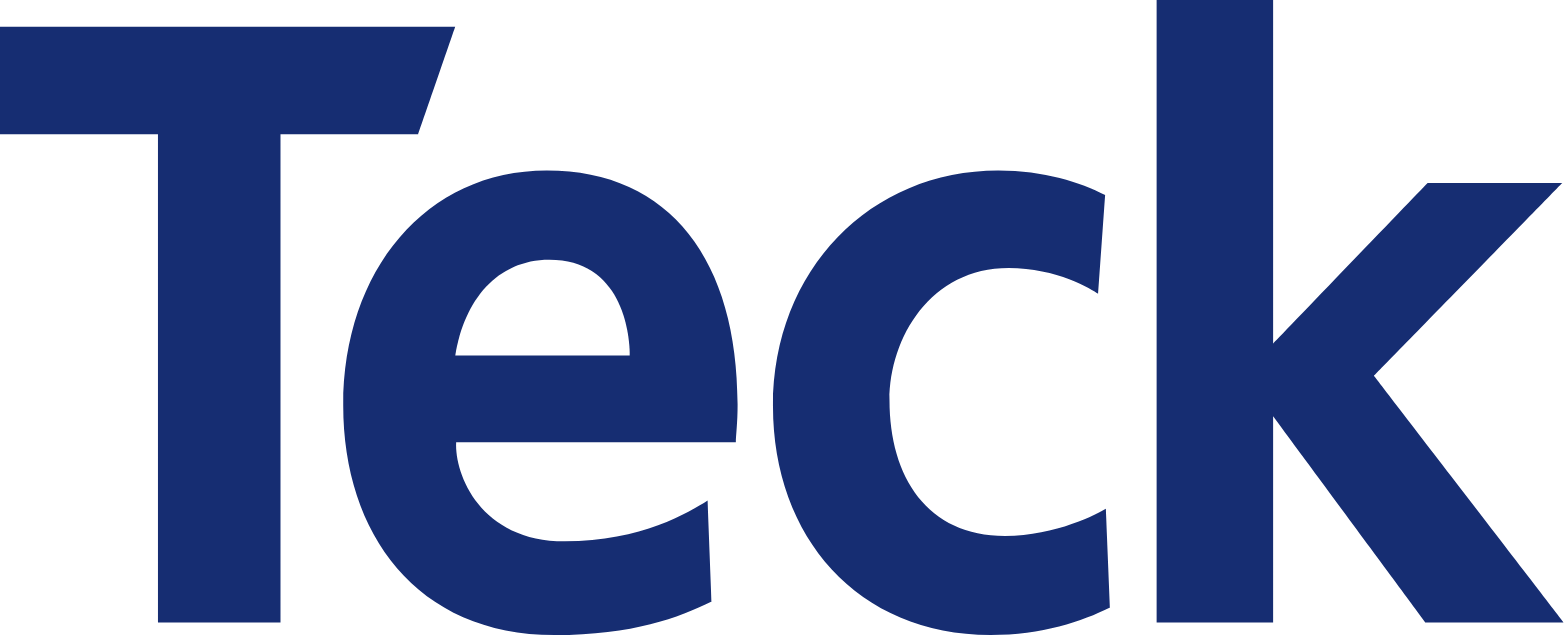


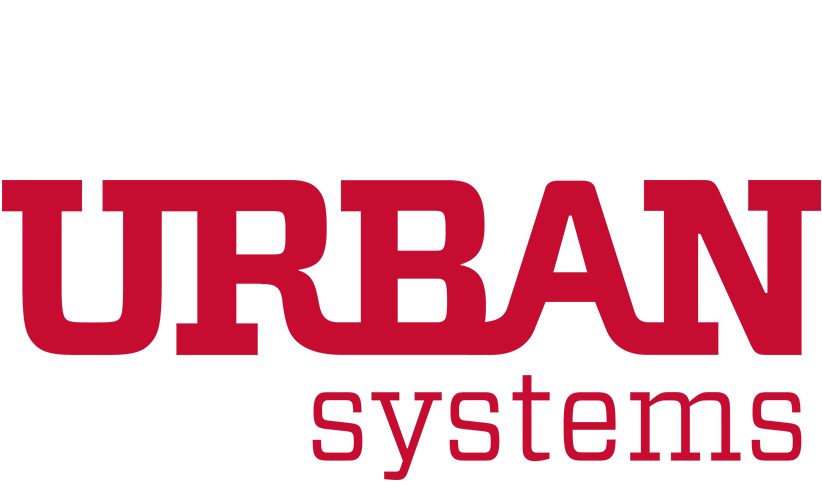
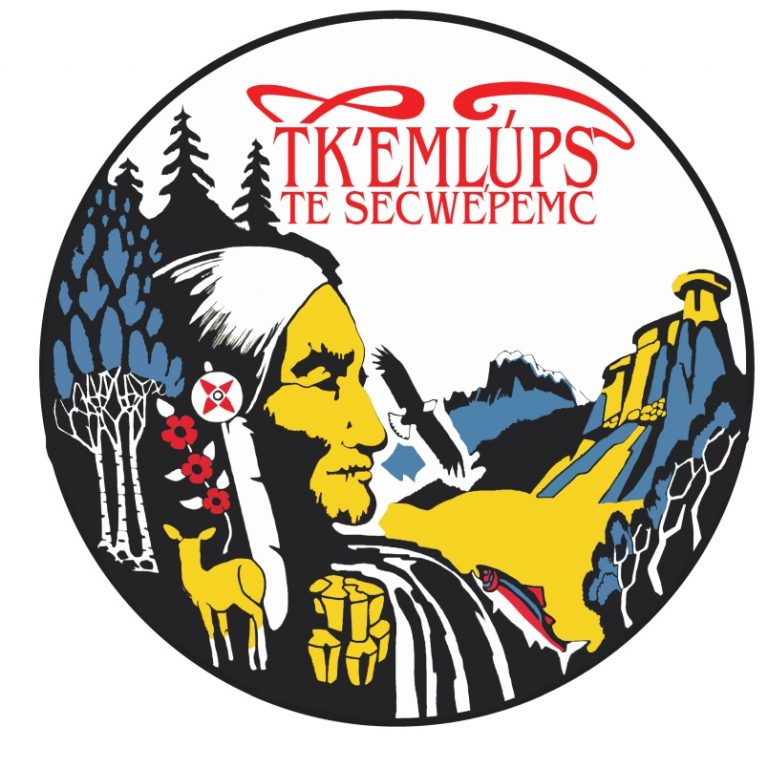

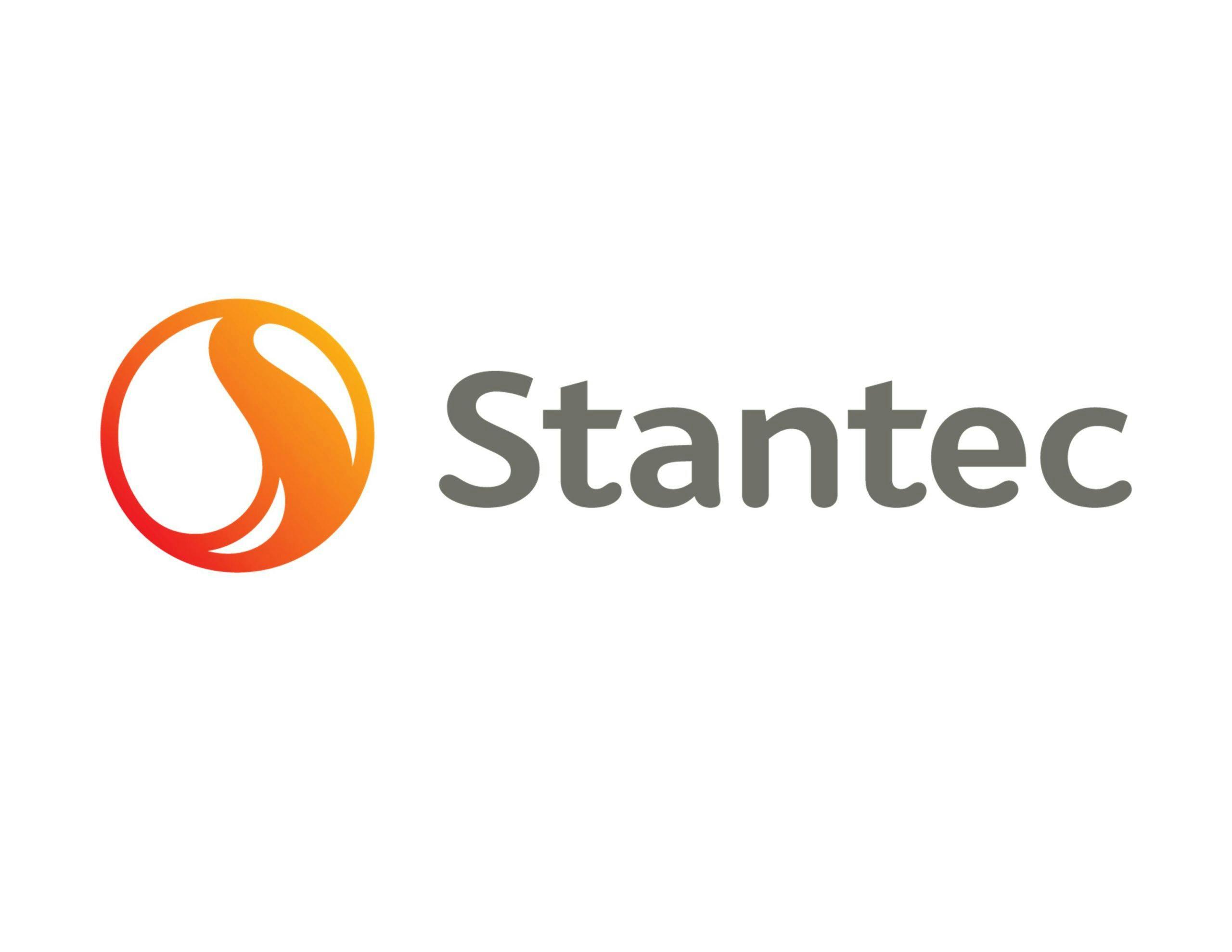
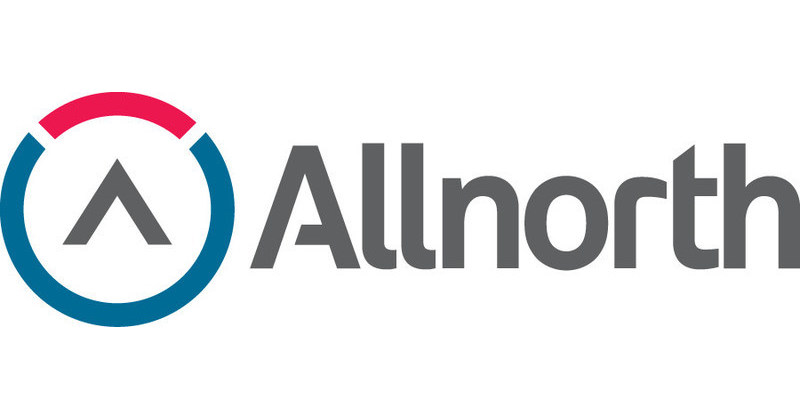

Co-op Timeline
-
Apply
Apply for the co-op program.
-
Enroll in COOP 1000
Complete the mandatory one-credit COOP 1000 course.
-
Search for jobs
Work with your Co-op coordinator to find the right Co-op for you across Canada and internationally.
-
Secure a position
Apply, interview, and accept an offer for a Co-op position.
-
Complete the work term
Successfully complete your work term with the accompanying Moodle course.
-
Return to TRU
Return to your studies at TRU. You must complete at least one full-time semester after Co-op.


